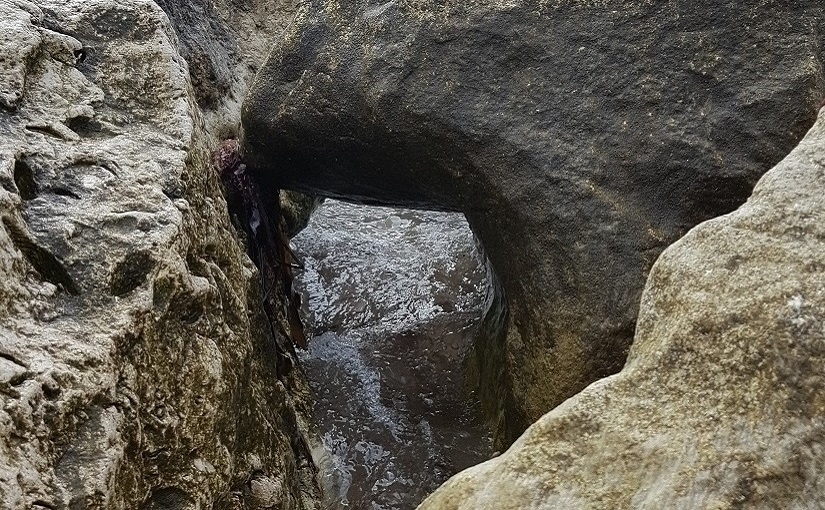I’m not an economist, but find the idea of money as this point where needs or desires and capacities meet to be quite interesting; a sort of point of flow as humans act within their environment to fulfil their needs. It’s something I’ve discussed a few times here, leading to questions I find fascinating around sustainability and consumption (see Notes One). Whether our systems lead to wise courses of action for the future of humanity is surely a beautiful but challenging reality.
Because it really seems money is this symbol, this abstraction that ultimately just represents something and serves a purpose in life. As I spoke of in I am not just a sum, we might look at life and human existence from a purely economic perspective or also in the light of other values.
These days the economic stance seems to be winning out as we think in terms of markets matching resources to demands (creating or inflating them where they’re lacking); this basic model of human activity as needs being matched with products and ingenuity. Which is what it is: we have needs – be they personal, societal, planetary – and economic activity is this way of organising to meet them and sustain society in a way.
Although, how many of our ‘needs’ are genuine as opposed to stemming from psychological or social insecurity or the suggestions of marketing or modern culture? Are we in fact being drawn in by our very human inclinations toward status and security, maybe acting on greed or opportunity rather than taking only what we need then directing resources elsewhere?
Does the market really get to decide “what gets done”? Whether that’s what we’re offered as products; the environmental or ethical standards involved; the cultural, social or psychological messages accompanying it all; or the bigger picture we’re creating on a global scale.
Going back to money as a point of intention, these systems – emerging out of certain ideas and evolving into the activities we see today – essentially attempt to meet our needs out of limited resources: this flow of human life, of known or imagined needs and solutions, and the forms that developed to embody those functions. How wise that is, how conscious, and how controllable seem almost impossible questions to ask.
Ideally, I suppose, systems would be filled with people aware of what constitutes wise action for the long-term fulfilment of needs for the entire human community. Ideally there would be a sense of responsibility there, and both the intentions of organisations and those they seek to cultivate within their customers would be balanced in every sense.
If that’s not the case, where can wisdom and responsibility arise? If the system is to be market-based, where can such intentions bring themselves to bear? Clearly that could arise through regulation, but it’s also possible through conscious engagement and examination of our own motives and the wider impacts of our actions. The question of who solves our problems may be down to each one of us.
Notes and References:
Note 1: The motivation of money
Note 1: Is sustainable design an impossibility?
Note 1: Values and the economic
Note 1: How many things are cycles (we could break)
“New Renaissance” is one of many books that attempt to come to terms with reworking and bringing more meaning to our communities.

